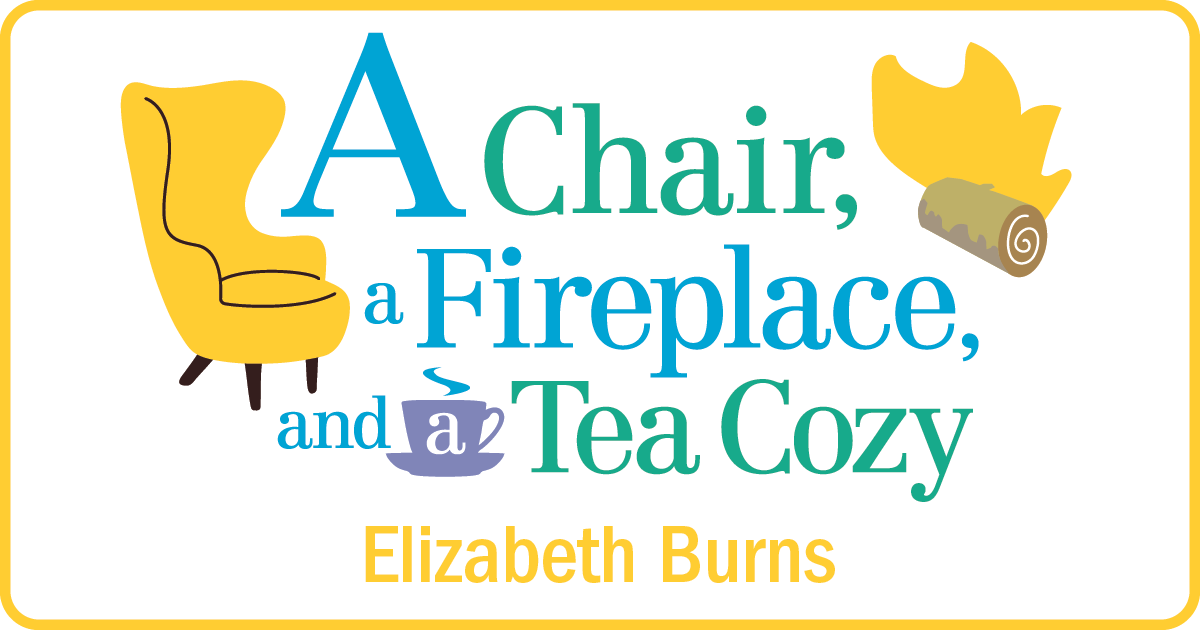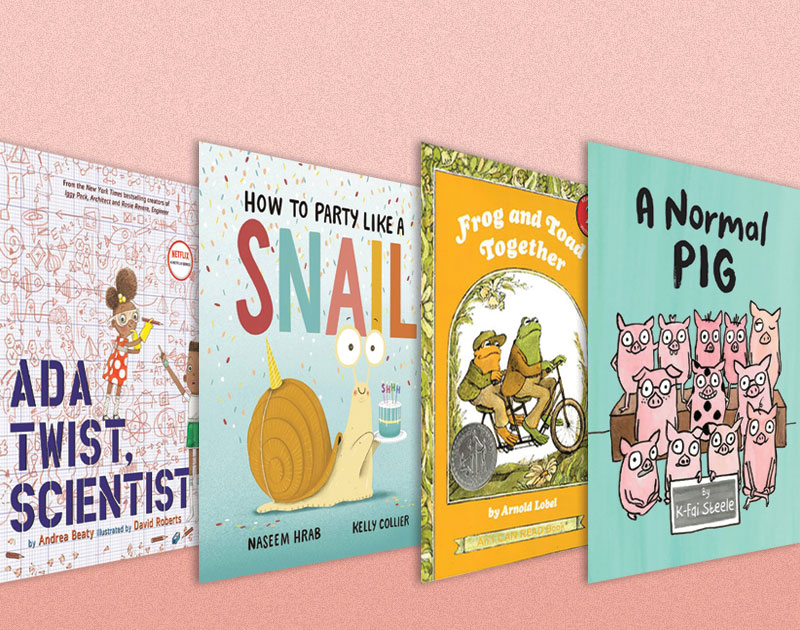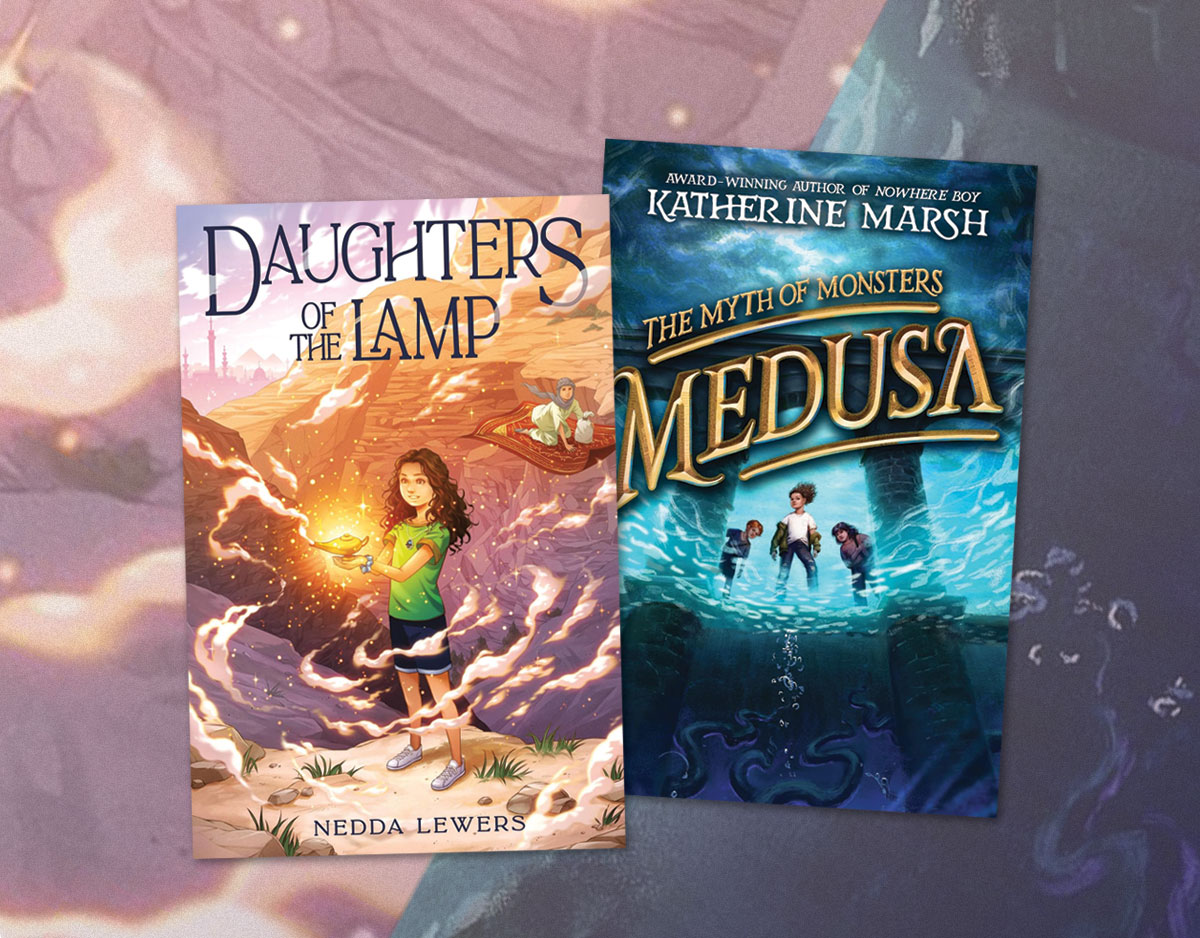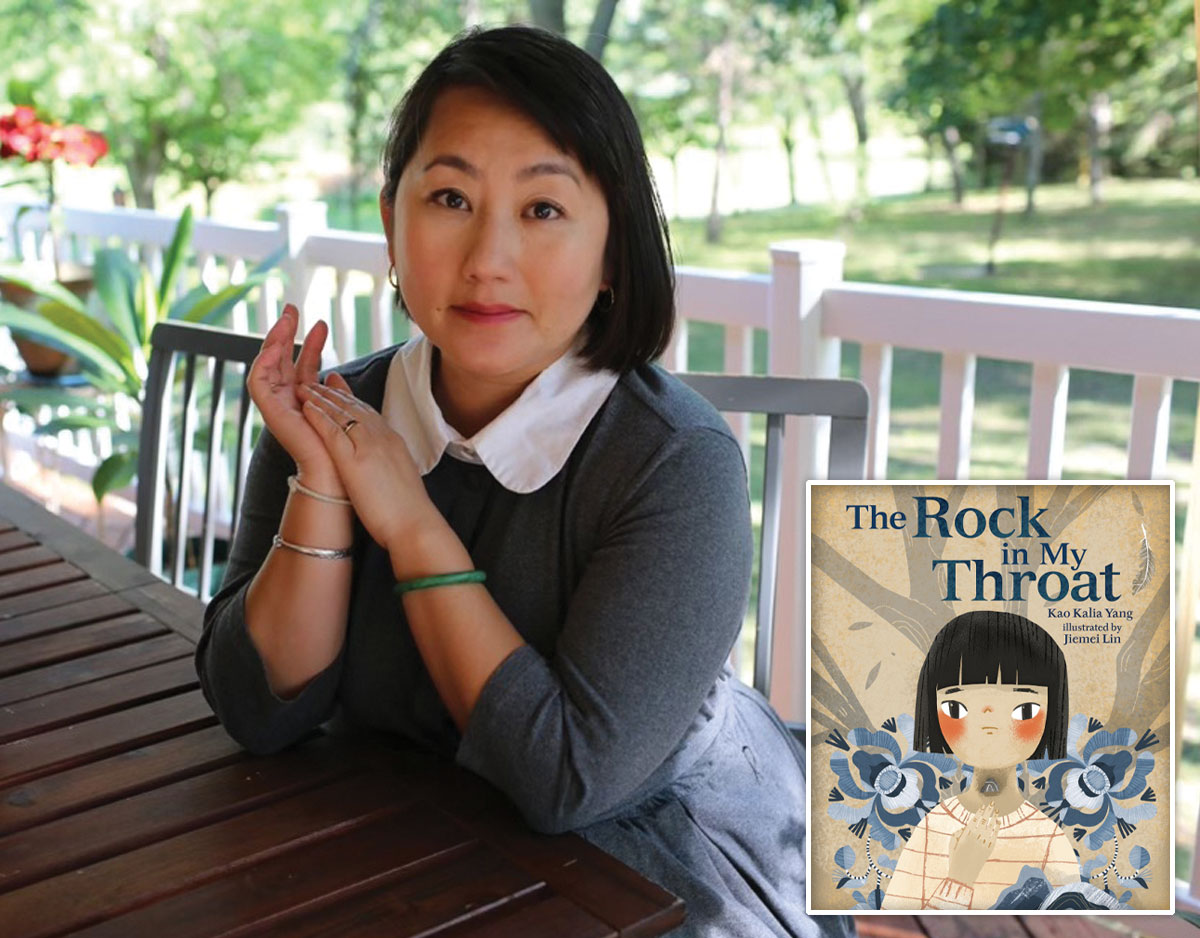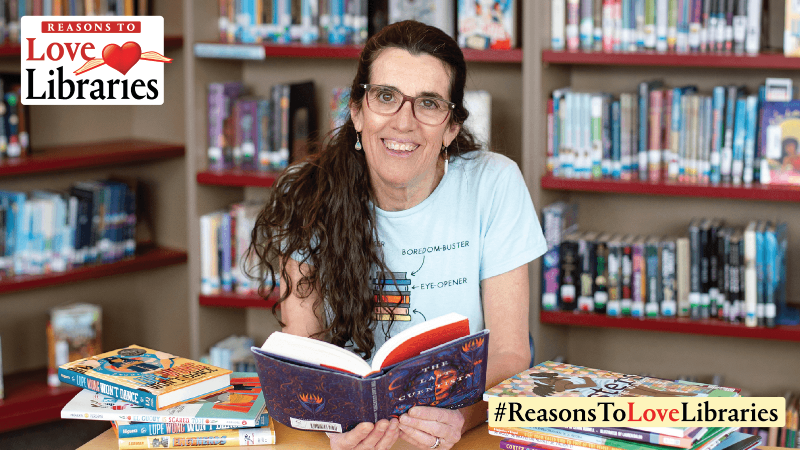SCROLL DOWN TO READ THE POST
Review: The Lucy Variations
The Lucy Variations by Sara Zarr. Little, Brown. 2013. Reviewed from ARC from publisher.
 The Plot: Eight months ago, Lucy Beck-Moreau stopped playing the piano.
The Plot: Eight months ago, Lucy Beck-Moreau stopped playing the piano.
Teens do that all the time, right?
Except Lucy Beck-Moreau, 16, isn’t your typical teen. She was a concert pianist, who was in Prague for a major event when she decided “no more.” No more traveling, or practicing; no more private lessons; no more recordings; no more playing the piano.
Instead, she’s going to school like a regular teen, hanging out with her friends Reyna and Carson.
At home, her equally talented younger brother continues his lessons, showcases, and competitions, doing what Lucy did at age ten.
Eight months have passed, and Lucy begins to think about playing again. But what would that mean? Her grandfather believes there is only one right way to play: to be your best and do your best by competing on the national stage. If you’re not that level, why bother?
ADVERTISEMENT
ADVERTISEMENT
What does Lucy want to do?
The Good: Oh, Lucy. She’s the type of character I love because she is so real. She quit rather dramatically and her family reacted equally dramatically, with everyone being very “so you don’t want to play, FINE, that means never playing again, FINE” and retreating to their different corners.
Lucy’s family is rich. Very rich. Rich enough to have private tutors, both for piano and for school, and to travel to all those competitions and showcases. I love how Zarr can write books set in different socioeconomic settings and for each one, it feels real and accurate. Lucy is rich, and has creature comforts, and yes, a certain level of indulgence, but she isn’t spoiled or annoying. Probably because one thing The Lucy Variations is clear about: the amount of work and sacrifice that playing piano at her level takes.
I don’t know anything about playing the piano. Never had lessons; we never had a piano. It doesn’t matter; I understood what Lucy saw in music and playing and that is what matters. I also liked how Lucy liked, well, being “that” Lucy and wasn’t always sure how to handle that. “It could be hard to find the line between sharing credentials in an effort to fit and showing off.” And later, “she did like that part. Being somebody. Even if it meant certain people were jealous or thought she was too young to get the attention she did. . . . But in places like this, she knew she mattered.”
So, that’s the obvious story: teen quits playing piano and has to figure out whether piano, and music, will be a part of her future and what that future will look like. With a side of some delicious family dynamics: equally talented younger brother; rich, controlling, gruff grandfather; a less-talented mother devoted to her children’s success and her father’s dreams; and a non-musical father who is a bit of an outsider in his own family. “Decisions were made the usual way, Grandpa Beck steamrolling over everyone, aided by her mother, her dad standing off to the side letting the whole thing happen.”
But. But. But. Yes, that is great and wonderful but there is something else going on here. A look at a young woman and sexuality that is nuanced. And I don’t mean sex.
ADVERTISEMENT
ADVERTISEMENT
See, Lucy has this habit. She gets crushes on male authority figures. At the start of The Lucy Variations it is her English teacher; as the story moves on, it shifts to her younger brother’s piano tutor, Will. Her reasons are complex, and while a friend makes an observation about why Lucy does this, it’s also left up to the reader to decide. Lucy has always been in situations where she requires adult level approval (with teachers, with audiences, with judges) so that transfers, a bit, to how she views teachers and other authority figures. She’s also been around adults more than her peers, so has a natural affinity for being around adults. I could also argue that the combination of domineering grandfather and removed father has to do with her seeking approval and acceptance from these older men. There is also something to be said for Lucy picking “safe” men for the object of her affections: older, authority figures, sometimes married (and in the past, gay). She can explore the feelings and emotions but part of her always has to know that nothing will happen. Frustrating, perhaps? But also safe because she never has to deal with the reality of a relationship.
Lucy is a great mix of young and old, like many teens. I’ll try to minimize spoilers. But Mr. Charles, her English teacher, illustrates how a good teacher handles these types of crushes, struggling for the balance between being an appropriate mentor and teacher, and yet keeping the necessary distance and lines. In other words, he realizes at all times that Lucy’s emotions are real and fragile and to be respected, yet, at the same time, they are the feelings of a young teenager who is his student. He knows it’s not about him. It’s great that Lucy is allowed her feelings and her wants, but it’s safe because, bluntly, Mr. Charles is a grown up who is not about to fool around with a sixteen year old just because they “like” him.
Will is the tutor for Lucy’s brother. And here is another interesting character and relationship study. Gus views any type of relationship between Will and Lucy as a betrayal, because Will is his teacher. Yet, Lucy is exploring returning to music, Will respects that, and a friendship develops between Will and Lucy. If you’re a grown up reading this book, alarms go off, and with good cause. (Though, this is not “that” type of book.) Lucy denies wanting to hurt her brother, or to compete with him, but she doesn’t put the brakes on her friendship with Will. And is Will encouraging Lucy, or leading her on? Lucy knows what she’s doing, yet doesn’t know. When her friend Reyna confronts her on whatever it is that is happening with Will, Lucy denies it, but at the same time, Lucy does know she wants more from Will than the texts they are exchanging.
I can see I’m doing that being wordy thing where I just love how Lucy’s emotions are explored and respected, and so want to go on and on about it, so I’ll stop now. And just add, that Lucy’s relationships alone would be reason to make this a Favorite Book Read in 2013. The other reasons: Lucy’s family. Lucy’s own feelings towards music, and why she quit. And Lucy trying to determine just who she is, and what makes her happy, it’s just terrific. And the resolution, which is the best kind of ending that is actually a beginning.
Other reviews: Slatebreakers; Stacked; The New York Times; Interview at Stacked; Zarr’s Guest Post at the Kindle Blog.
Filed under: Favorite Books Read in 2013, Reviews
About Elizabeth Burns
Looking for a place to talk about young adult books? Pull up a chair, have a cup of tea, and let's chat. I am a New Jersey librarian. My opinions do not reflect those of my employer, SLJ, YALSA, or anyone else. On Twitter I'm @LizB; my email is lizzy.burns@gmail.com.
ADVERTISEMENT
SLJ Blog Network
One Star Review, Guess Who? (#202)
Review of the Day: My Antarctica by G. Neri, ill. Corban Wilkin
Exclusive: Giant Magical Otters Invade New Hex Vet Graphic Novel | News
Take Five: LGBTQIA+ Middle Grade Novels
The Classroom Bookshelf is Moving
ADVERTISEMENT
ADVERTISEMENT

